Flossing is a key component of maintaining good oral hygiene, but with the variety types of flossing technologies available today, choosing the right one can be overwhelming. Each type of flossing technology offers distinct benefits, and the ideal choice often depends on the user’s specific needs and preferences. In this blog, we’ll analyze the advantages and disadvantages of different types of flossing technologies, helping you make an informed decision tailored to your oral care routine.
Overview: Traditional flossing involves using a thin, flexible piece of nylon or Teflon string to manually remove plaque and food particles from between your teeth.
Advantages:
Disadvantages:
Overview: Electric water flossers use a pulsating stream of water to clean between the teeth and along the gum line, removing plaque and debris.
Advantages:
Disadvantages:
Overview: Floss picks are small, disposable tools with a piece of floss stretched between two prongs, designed for easy handling.
Advantages:
Disadvantages:
Overview: Sonic flossers use high-frequency vibrations in combination with a traditional flossing action to help dislodge plaque and debris.
Advantages:
Disadvantages:

Overview: Interdental brushes are small, brush-like tools designed to clean between teeth, especially in wider gaps where traditional floss may be less effective.
Advantages:
Disadvantages:
Overview: Smart flossing devices are the latest advancement in flossing technology, offering real-time feedback, progress tracking, and even personalized recommendations via a mobile app.
Advantages:
Disadvantages:
When evaluating the advantages and disadvantages of different types of flossing technology, it’s essential to consider your personal oral care needs, budget, and lifestyle. While traditional flossing is still highly effective for many, options like water flossers and sonic flossers can provide added convenience and efficiency, especially for users with sensitive gums or orthodontic appliances. Interdental brushes and floss picks offer alternatives for specific dental concerns, while smart flossers bring technology into the equation for those seeking a more personalized experience.
No matter what your preferences are, understanding the various types of flossing technologies available can help you make a more informed choice, ensuring that your oral hygiene routine is both effective and tailored to your unique needs.
.jpg)
Brush Discoloration with Hydrogen Peroxide Burns – Safe to Ignore?
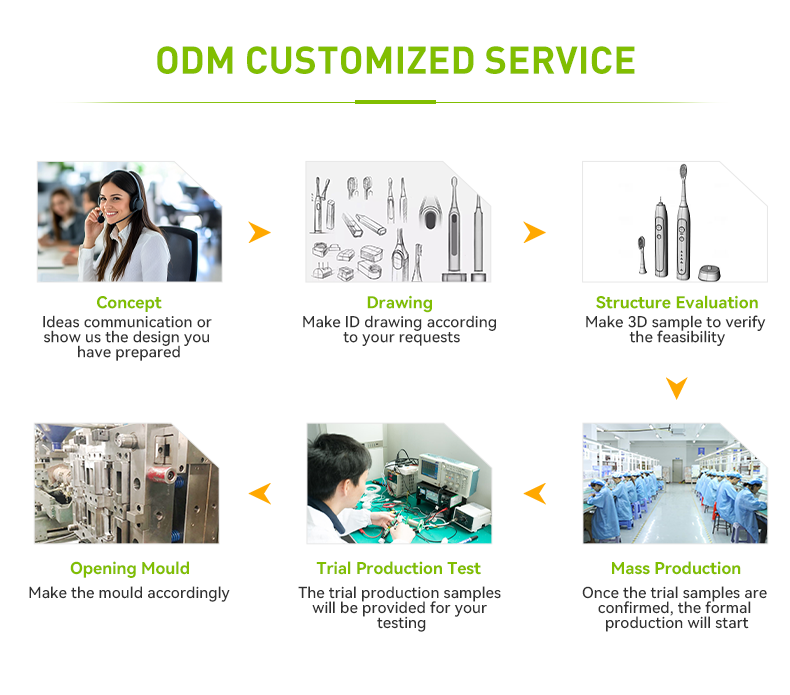
How Does Supply Chain Logistics Affect the Integration of a Battery Management System?
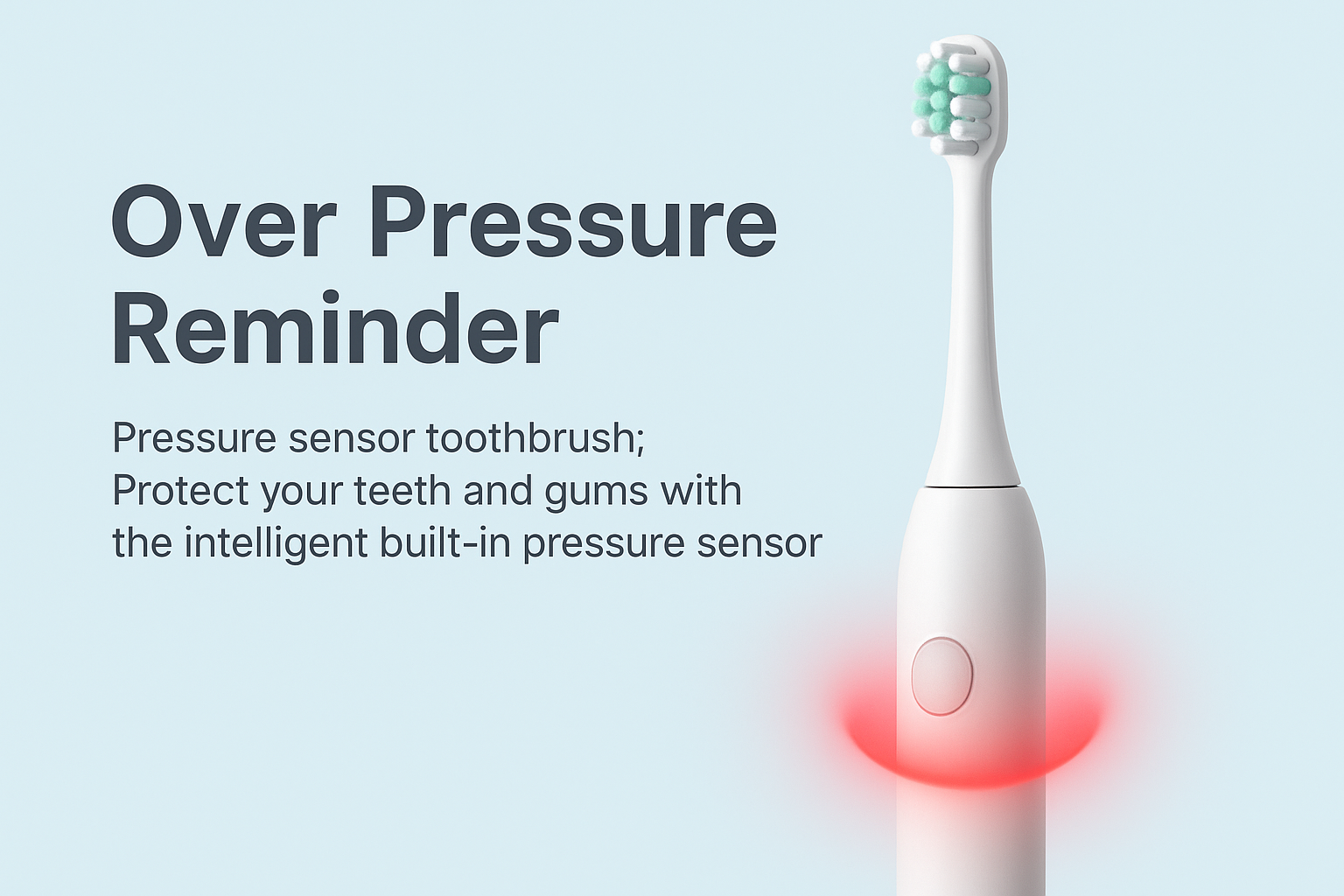
Can Angular Momentum Control and a Harmonic Drive System Revolutionize Electric Toothbrush Performance?

Can a Magnetic Levitation Motor Benefit from Vibration Damping Technology?
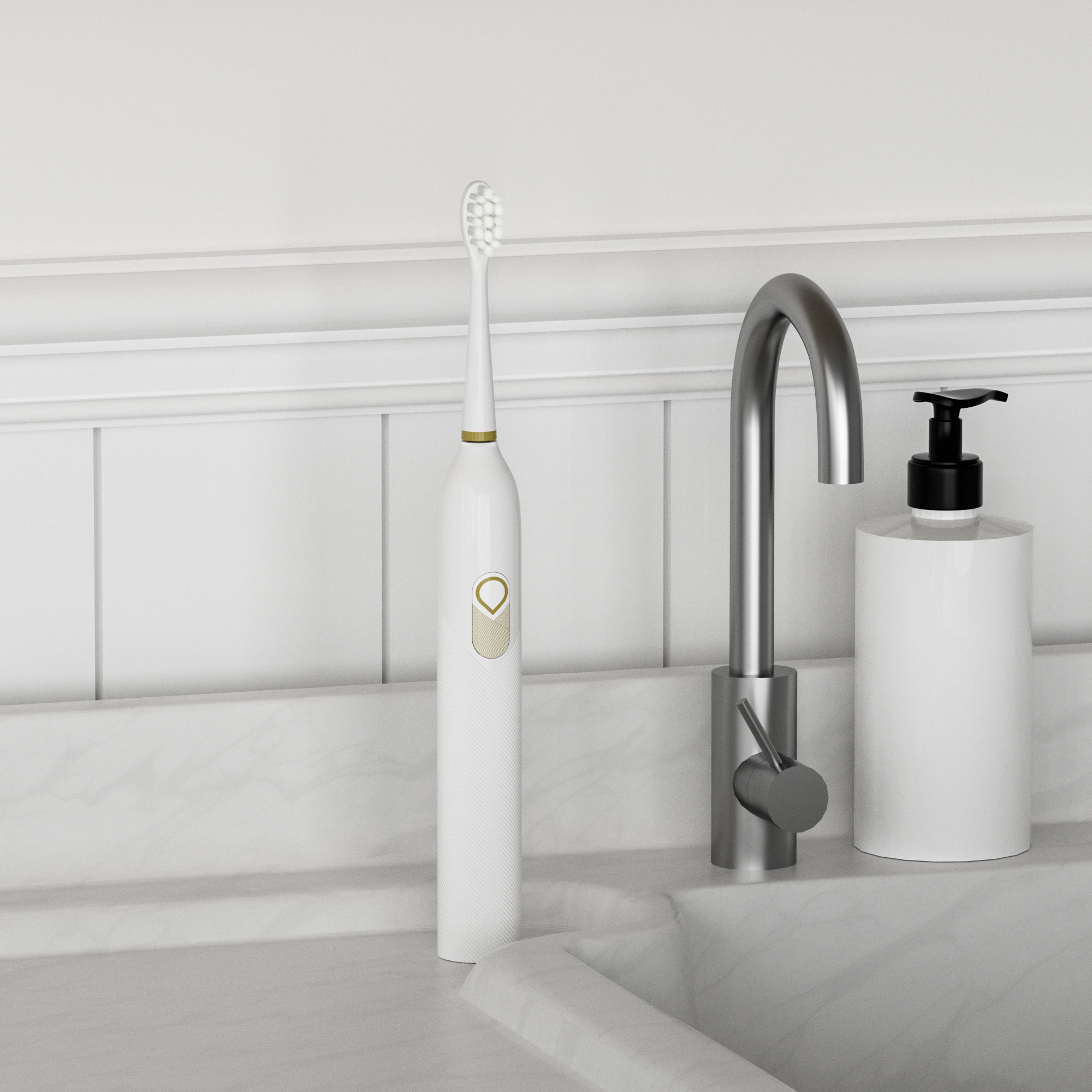
The proper way to use an electric toothbrush

What Impact Will the Differences in Materials and Workmanship of Electric Toothbrushes Have on Product Performance?
.jpg)
Sonic toothbrush suppliers Los Angeles
.jpg)
Electric Toothbrush Ecommerce Bundle Wholesale | Complete Oral Care Sets
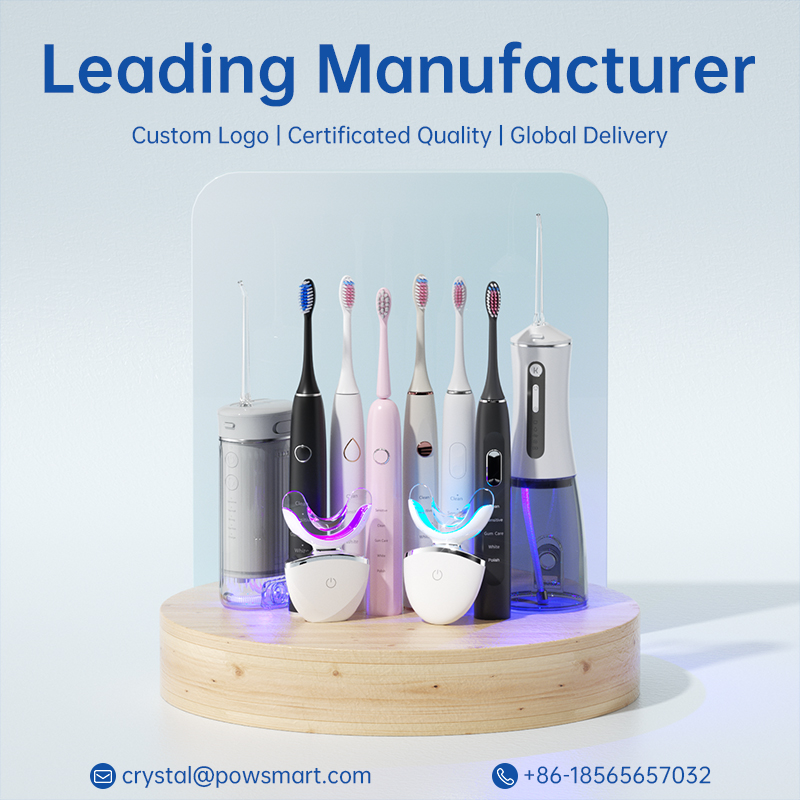
Targeting Specific Product Features for Successful OEM Partnerships
.jpg)
.jpg)
Why is Sonic technology essential for a Kids toothbrush?
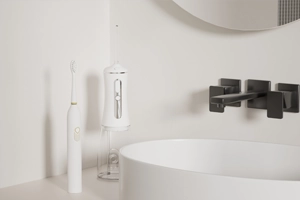
Talk About the Waterproofing Process of Electric Toothbrush as a Factory
.jpg)
Electric Toothbrush OEM Advantages for B2B Brands
.jpg)
Gum care Florida solutions need Florida replacement heads?
-2-scaled.png)
Different Selling Points of Teeth Whitening Devices: Portable, APP-Linked, Gel Customization. Which Selling Point Attracts the Most Attention from Brands?
.jpg)
Smart Electric Toothbrush for Tech Professionals Koramangala